In the vast expanse of global commerce, where goods traverse continents and oceans, the role of freight forwarders emerges as a linchpin in the supply chain machinery. With expertise in logistics, regulations, and international trade, freight forwarders orchestrate the seamless movement of cargo from origin to destination. In this article, we embark on a journey through the intricate dance of the freight forwarding process, unraveling its complexities and shedding light on its pivotal role in facilitating global trade.
Understanding the Freight Forwarding Process
At its core, the freight forwarding process is a multifaceted endeavor that encompasses a series of interconnected steps aimed at ensuring the efficient and timely delivery of goods. While the specifics may vary depending on the nature of the cargo and the requirements of the shipment, the fundamental stages of the freight forwarding process typically include:
Pre-Shipment Planning
The journey begins with meticulous pre-shipment planning, where freight forwarders collaborate closely with shippers to understand the nature of the cargo, determine the optimal transportation route and mode, and arrange for necessary documentation and permits. This stage also involves conducting risk assessments, identifying potential challenges, and devising contingency plans to mitigate disruptions.
Documentation and Customs Clearance
Navigating the labyrinth of international trade regulations and customs requirements is a cornerstone of the freight forwarding process. Freight forwarders play a crucial role in preparing and processing the myriad documents required for cross-border shipments, including bills of lading, commercial invoices, packing lists, and certificates of origin. They also liaise with customs authorities to ensure compliance with import and export regulations, facilitating smooth clearance of goods through customs checkpoints.
Carrier Selection and Booking
Once the necessary documentation is in order, freight forwarders leverage their extensive network of carriers and logistics partners to secure transportation for the cargo. This involves evaluating various factors such as cost, transit time, reliability, and capacity constraints to select the most suitable carrier and book cargo space accordingly. Whether by sea, air, rail, or road, freight forwarders orchestrate the movement of goods with precision and efficiency.
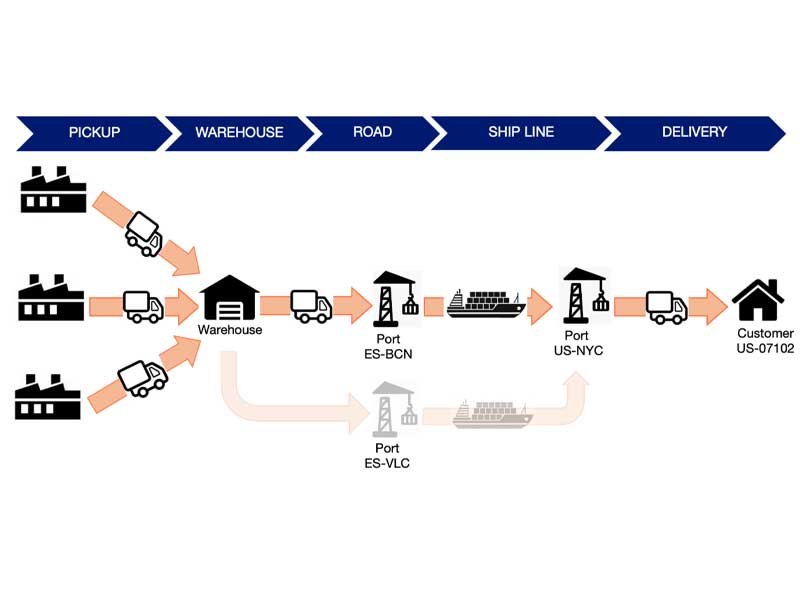
Cargo Handling and Tracking
As the cargo embarks on its journey, freight forwarders oversee the intricacies of cargo handling, ensuring proper loading, stowage, and securing of the goods to prevent damage or loss during transit. Leveraging advanced tracking technologies and communication systems, freight forwarders provide real-time visibility into the status of shipments, enabling shippers to monitor progress and proactively address any issues that may arise.
Read more: Freight Forwarder Iran
Delivery and Post-Shipment Support
Upon arrival at the destination port or terminal, freight forwarders coordinate the final leg of the journey, arranging for onward transportation and delivery to the consignee’s doorstep. This may involve coordinating with local transport providers, managing customs clearance at the destination, and overseeing the unloading and distribution of the cargo. Beyond delivery, freight forwarders provide post-shipment support, assisting with documentation reconciliation, resolving any discrepancies, and facilitating payment of freight charges.
Steps in Freight Forwarding Process
Once the paperwork for shipping and receiving logistics is handled by freight forwarders, the main steps of the freight forwarding process unfold as follows:
Export Haulage:
Transporting items from the shipper’s location to the freight forwarder’s premises is termed export haulage. Typically, a truck or train is utilized for this task. The duration of export haulage varies based on factors such as distance, location, and the nature of the items being transported. This step can span from a few hours to several weeks.
Items Checkpoint:
Following the export haulage phase, the goods are now in the possession of the freight forwarders. They conduct thorough inspections to ensure smooth transportation and verify that the received items match the booking details.
Export Customs Clearance:
Prior to departure from the country of origin, goods must undergo customs clearance procedures. This task is usually carried out by custom brokers, who submit cargo information and necessary documentation. The consignor and shipper typically enter into an agreement regarding responsibility for this process. In cases where freight forwarding companies do not handle this agreement, third-party custom brokers are engaged.
Origin Handling:
During the origin handling phase, freight forwarders or their agents execute various tasks, including cargo arrival and unloading. Cargo is cross-checked against booking information before a cargo receipt is issued. Additionally, the freight forwarding team ensures compliance with any restrictions for items destined for specific countries, such as drugs, flammable liquids, perishable goods, and alcohol.
Import Customs Clearance:
Upon arrival at the destination, import customs documentation must be verified by officials in the destination country. It’s noteworthy that this process may commence even before the arrival of the shipment. Freight forwarders or their agents are responsible for completing all clearance formalities before the shipment arrives.
Destination Handling:
In this step, freight forwarders undertake various tasks, such as receiving essential cargo documents like carrier bills and ensuring all necessary documentation is in order. Functions include obtaining documentation from the freight forwarding office or agent, reviewing documents, and submitting carrier bills.
Import Haulage:
Similar to export haulage, import haulage involves transporting the shipment from the warehouse to the final destination. This task may be carried out by freight forwarders or the consignee who directly collects the goods.
Expedited Deliveries:
Freight forwarders or delivery agents select the mode of transport based on cargo type and distance to the destination. Delivery timelines are influenced by mileage and mode of transport, with recipients typically receiving goods within hours to a few days.
Read more: Freight Charges & Freight Fees
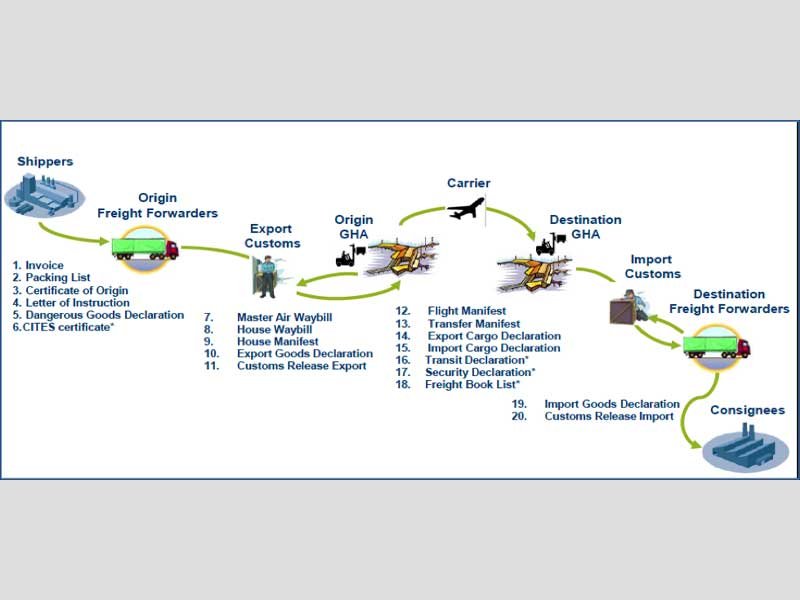
Benefits of Freight Forwarding
Is the freight forwarding process worth it? Let’s delve into the advantages to dispel any doubts.
Cost-Effectiveness:
Freight forwarders, equipped with expertise and resources, streamline shipments effectively. With adept negotiation skills, they consolidate smaller shipments, optimizing costs for businesses. Moreover, their knowledge of efficient transport routes further slashes operational and transport expenses.
Time Efficiency:
Proficient in navigating optimal transport routes, freight forwarding companies save precious time. Handling logistics from manufacturer to destination, they offer a lifeline for small or new businesses lacking in-house expertise. This ensures swift movement of goods without administrative hassles.
Tracking and Visibility:
Freight forwarders provide a centralized platform for tracking shipment status, ensuring transparency and control for businesses. With real-time updates, companies can align logistics and inventory management seamlessly. Precise arrival estimations and location tracking empower effective supply chain management.
Expertise in Customs and Regulations:
Navigating international trade regulations is a breeze with freight forwarding expertise. Deep understanding of diverse national regulations ensures compliance, shielding businesses from costly fines. By managing complex documentation, freight forwarders mitigate risks of non-compliance, safeguarding business interests.
Conclusion
In the intricate tapestry of global trade, the freight forwarding process stands as a testament to the art of coordination, collaboration, and expertise. From pre-shipment planning to final delivery, freight forwarders navigate the seas of global commerce with precision and finesse, ensuring that goods reach their destinations safely, efficiently, and on time. As the world becomes increasingly interconnected, the role of freight forwarders will only grow in importance, serving as the vital link that binds nations, economies, and cultures together in a seamless embrace of trade and prosperity.
Read more: Ground Freight
FAQs
The freight forwarding process involves the coordination and management of shipments from the point of origin to the final destination. Freight forwarders act as intermediaries between shippers and carriers, handling various aspects of logistics such as documentation, customs clearance, and transportation. It is crucial for businesses because it ensures efficient, timely, and cost-effective movement of goods, especially in the complex landscape of international trade.
Freight forwarders leverage their expertise and network of carriers to negotiate competitive rates and consolidate shipments, thereby optimizing costs for businesses. They have knowledge of efficient shipping routes and transportation modes, which enables them to minimize expenses while ensuring timely delivery of goods. By streamlining logistics processes and eliminating inefficiencies, freight forwarders help businesses save on both operational and transport costs.
Yes, freight forwarders are equipped to handle a wide range of shipments, including those with specialized requirements such as temperature-controlled goods, hazardous materials, oversized cargo, and perishable items. They have the expertise and resources to navigate the complexities associated with different types of cargo, ensuring compliance with regulations and industry standards throughout the shipping process.
Freight forwarders utilize advanced tracking technologies and communication systems to provide real-time visibility into the status of shipments. They offer centralized platforms where businesses can track shipment progress, receive updates on estimated arrival times, and monitor the exact location of goods in transit. By maintaining open lines of communication and providing timely information, freight forwarders ensure transparency and accountability at every stage of the shipping process.
Partnering with a freight forwarder offers numerous benefits for businesses involved in international trade. These include access to expertise in customs clearance and international regulations, which ensures compliance and minimizes the risk of costly delays or penalties. Freight forwarders also provide valuable logistical support, including documentation management, freight consolidation, and route optimization, all of which contribute to smoother, more efficient supply chain operations. Additionally, by leveraging their extensive network of carriers and logistics partners, freight forwarders help businesses expand their global reach and navigate the complexities of cross-border trade with confidence.

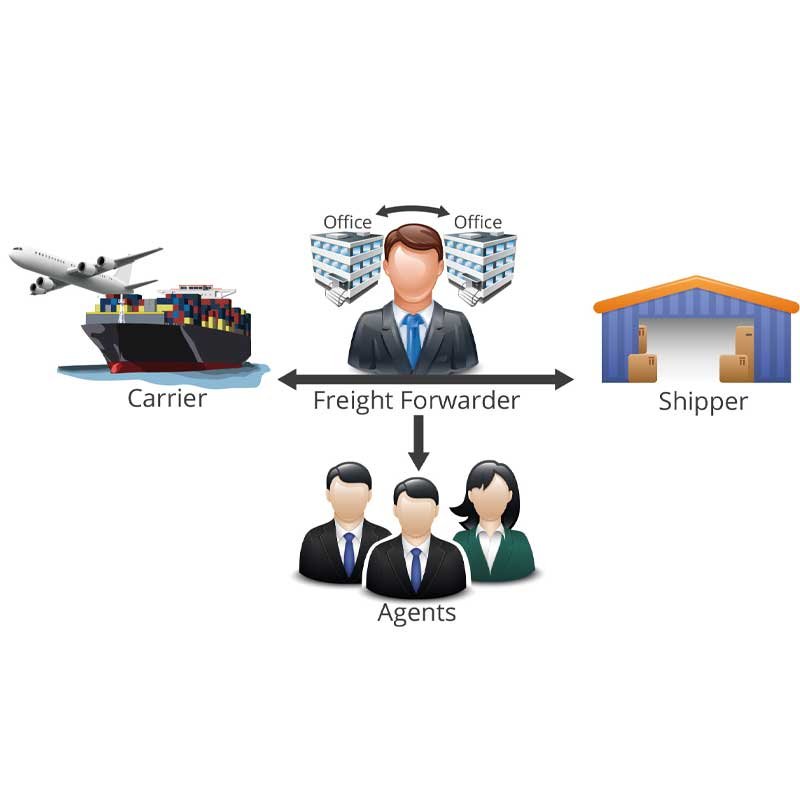

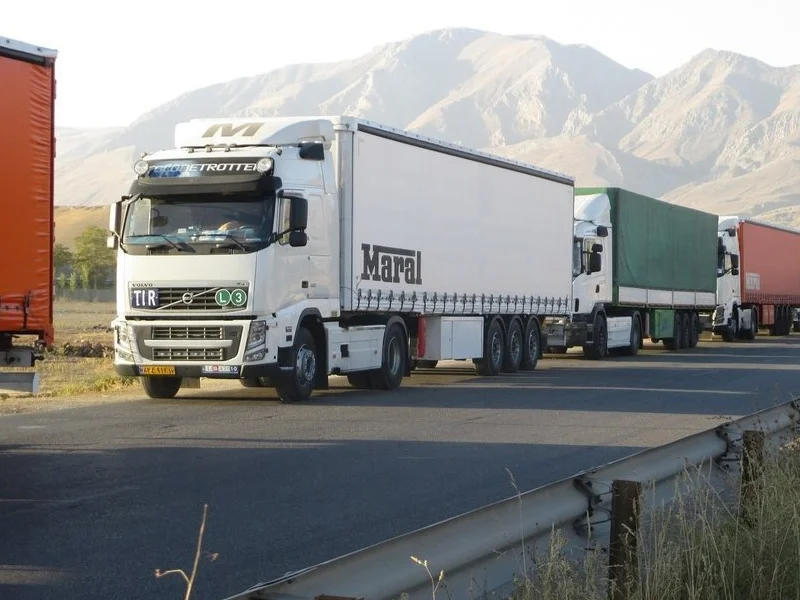
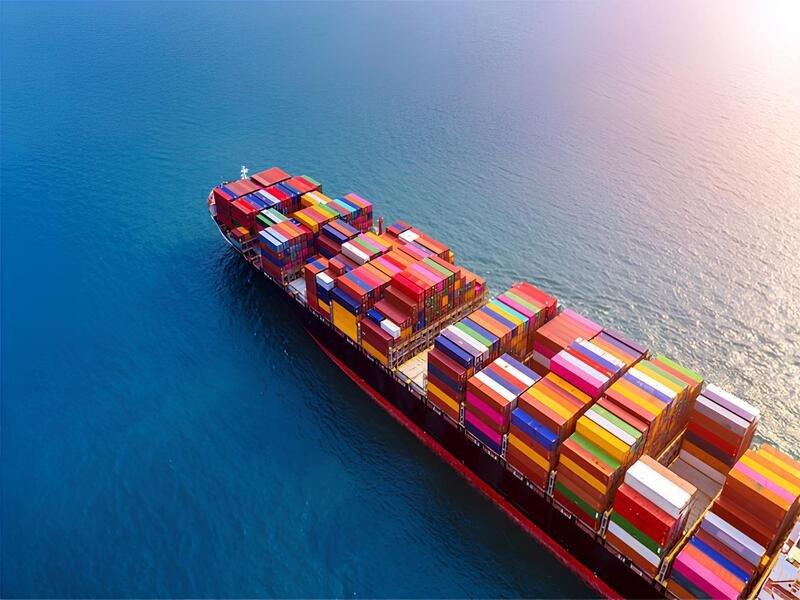
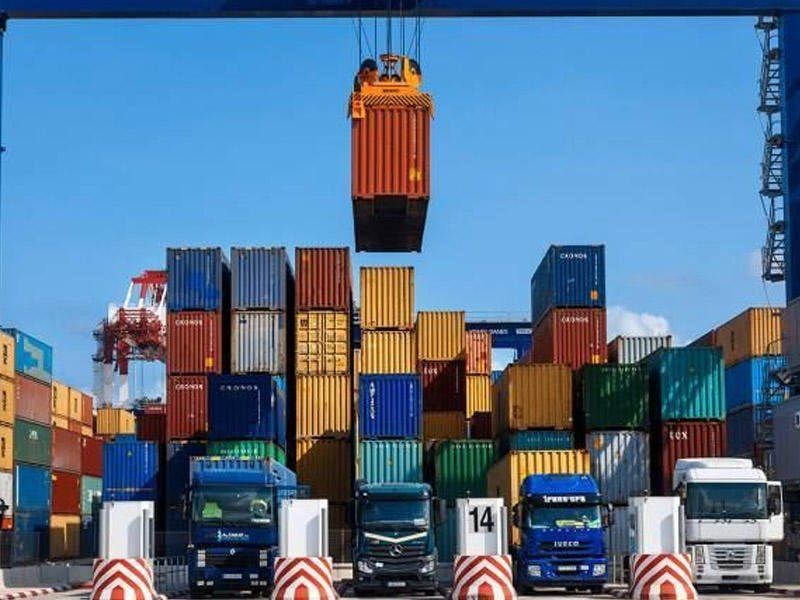
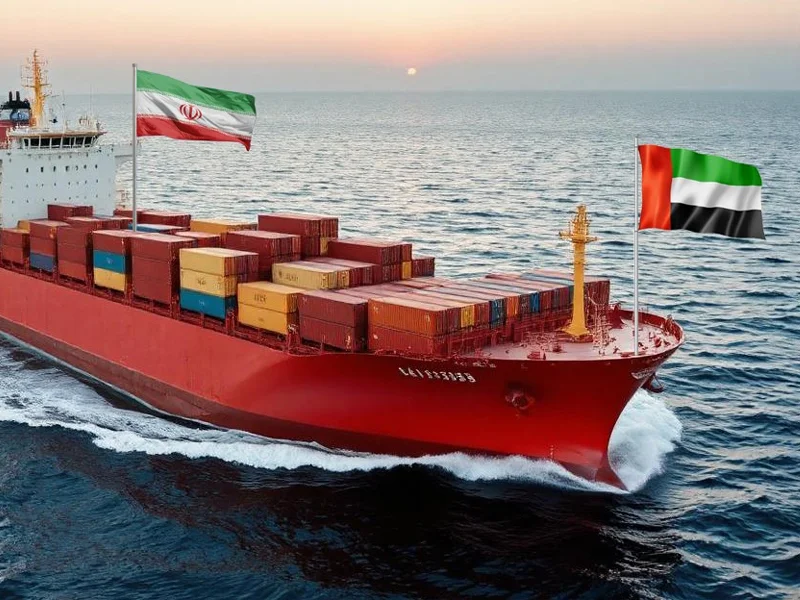
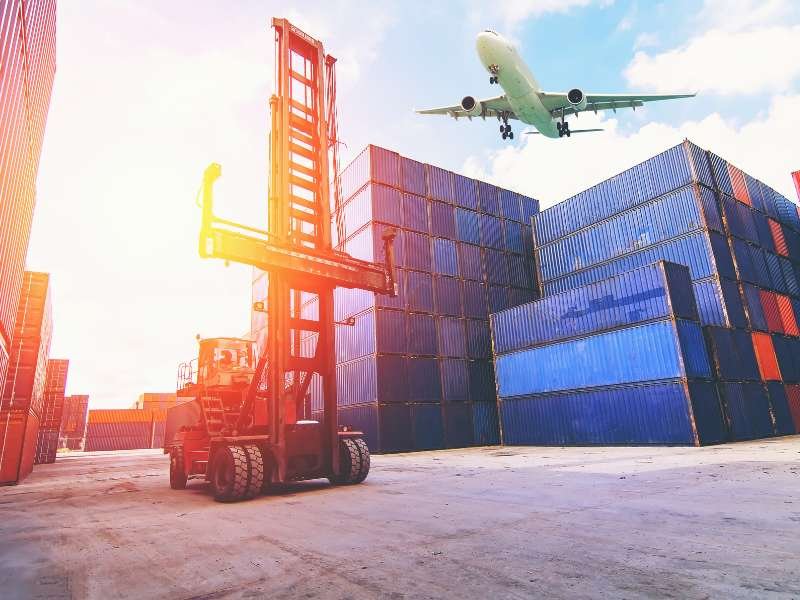


2 Responses
Nice Information! The most important things to consider when selecting a freight forwarder are reliability, experience, global network, expertise in your industry, and excellent customer service. A freight forwarder should also offer competitive pricing, advanced technology solutions, and strong relationships with carriers and customs authorities.
Very interesting information!Perfect just what I was looking for!